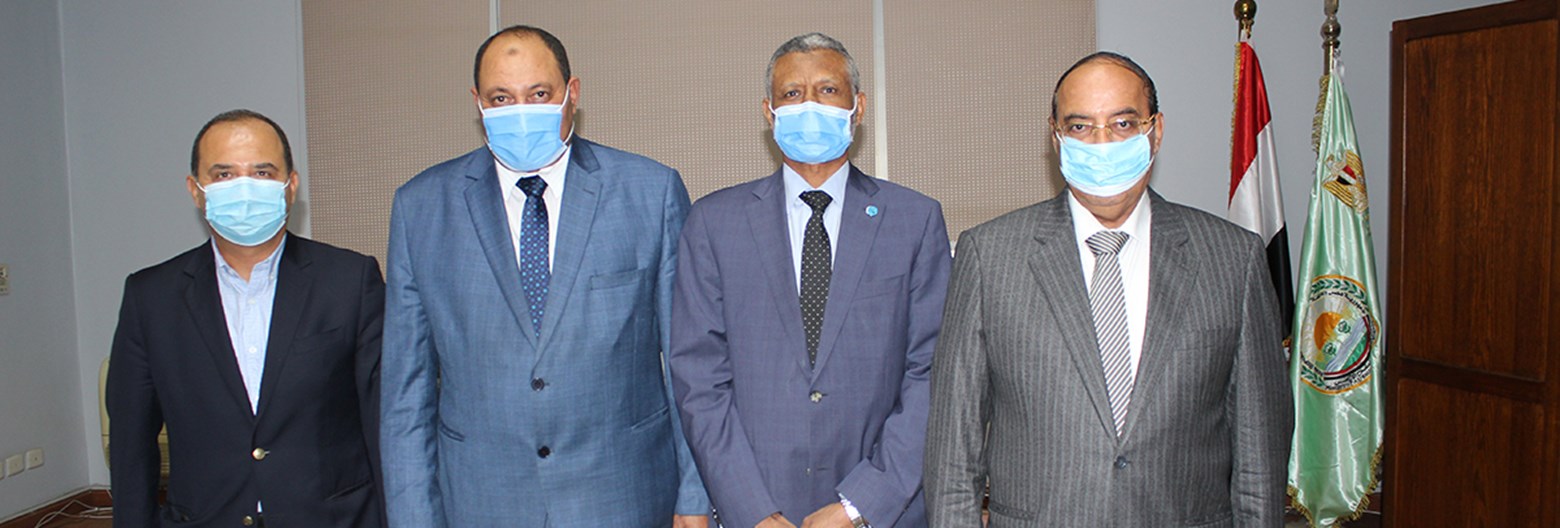the SAIL Project is to ‘reduce poverty and increase food and nutrition security for poor rural women and men in the New Lands of Egypt’

The goal of the SAIL Project is to ‘reduce poverty and increase food and nutrition security for poor rural women and men in the New Lands of Egypt’. One of the SAIL Project’s sub-components is titled ‘Agriculture Development and Diversification through Improved Agricultural Production Services’ with a focus on piloting the farmer field school (FFS) methodology of group-based and market-led agricultural extension and participatory learning. To date, the pilot FFS programme has not achieved much progress.
The Ministry of Agriculture and Land Reclamation (MALR) has requested FAO as the world’s leading proponent of the FFS approach to applied research and participatory extension to provide technical assistance to implement 172 of the FFS under SAIL.
Impact:
The FAO-implemented Project, which aims to improve the impact of FFSs established and implemented across the New Lands, shares its impact statement with the development objective of the SAIL Project, namely: “smallholder farmers enabled to enhance their incomes, increase profitability and diversify their livelihoods”. In this context, the Project will contribute significantly to:
- the Government of Egypt’s Sustainable Development Strategy: Egypt Vision 2030 (SDS-2030) and Egypt Sustainable Agricultural Development Strategy (SADS-2030)
- IFAD’s Country Strategic Opportunities Programme (COSOP)
- FAO’s Strategic Objective-2 (Make agriculture more productive and sustainable)
- SDG Target 2.3 (By 2030, double the agricultural productivity and incomes of small-scale food producers).
Outcome:
Achieving operational 172 FFSs for 3440 (2000 male and 1040 female) smallholders farmers to adopt sustainable Climate-Smart Agriculture “CSA”, and Natural Resources Management “NRM’ Practices and Technologies in Newland areas in 4 Governorate in Egypt
Expected outputs:
- Greater understanding of stakeholders at National, governorate and village level on Socio economic, Biophysical condition, smallholders farming system, effectiveness of existing agriculture extension /rural advisory services in the project area.
- Enhance Technical knowledge and communication skills of 20 Master Trainers and 60 Community based FFS Facilitators to effectively promote sustainable CSA, and NRM practices and technologies through implementation of FFS.
- 172 FFSs effectively established and implemented for the testing, adoption and replication of sustainable CSA and NRM practices and technologies by 3440 male and female smallholders farmers.
- 172 FFSs effectively monitored, evaluated and networked to ensure a continuous learning process of smallholder farmers in selected targeted areas.